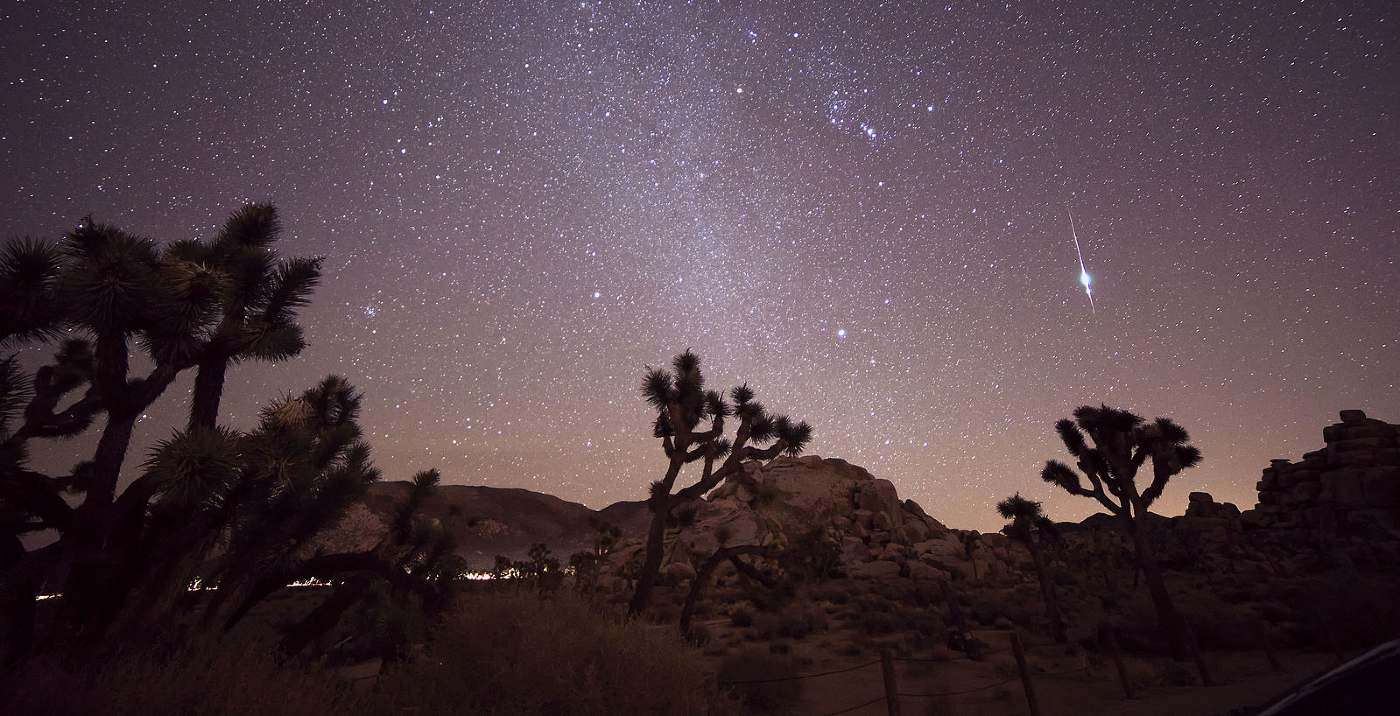There's an excellent chance to watch a meteor shower in the pre-dawn hours next week.
From May 4th, 5th, and 6th, at a few hours past midnight in the Northern Hemisphere, go outside in a dark area away from artificial lights and look to the south. The Eta Aquariid meteor shower could reveal as many as 20-30 meteors per hour.
In the Southern Hemisphere, look essentially straight up, and you should be able to see about forty meteors per hour. In fact, Earthsky say it's the best shower to see south of the Equator.
In astronomy, a meteor shower has a "radiant," which is the word used to identify the place in the sky from which the meteors seem to emerge. This shower is called the Eta Aquariid as the radiant is from a star called Eta Aquarii, which makes up the "Water Jug" of the constellation Aquarius the Water-Bearer. For those in the Northern Hemisphere, it should be to the south, rising higher as the dawn nears, while in the south it should be more or less above one's head.
The fact that the meteors seem to be radiating from Aquarius gives the shower only its name, as the constellation is 170 light years away, i.e. an irrelevant amount of trillions of miles, while the meteors themselves burn up just 60 miles above the Earth.
You don't necessarily need to locate the radiant to see shooting stars, but it's good to do not only to get a sense of the cosmic environment-it also stops you needing to constantly scan the sky worrying you'll miss a star.
Last April, the spectacular Lyrid meteor shower was obscured by a full moon. This year on May 9th, the moon will be a waxing crescent that dips below the horizon in pre-dawn, meaning in the days before there will be plenty of darkness to see the Eta Aquariids. Enjoy the show.
Featured image: Channone Arif, CC license
SHARE the Far Out News With Friends You'd Love to Stargaze With…










Be the first to comment